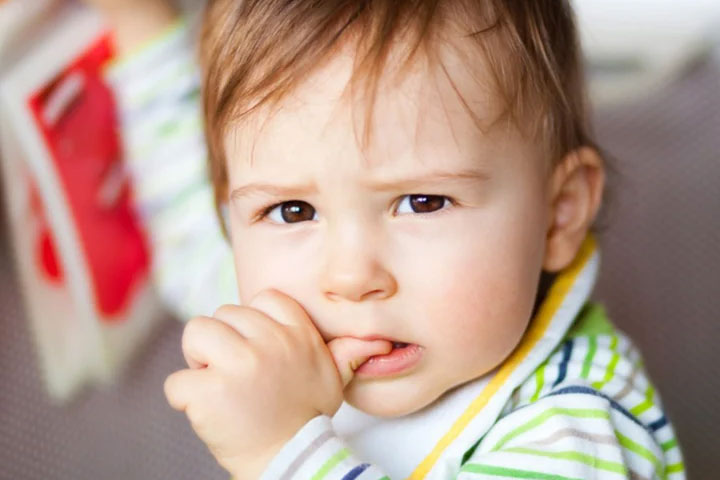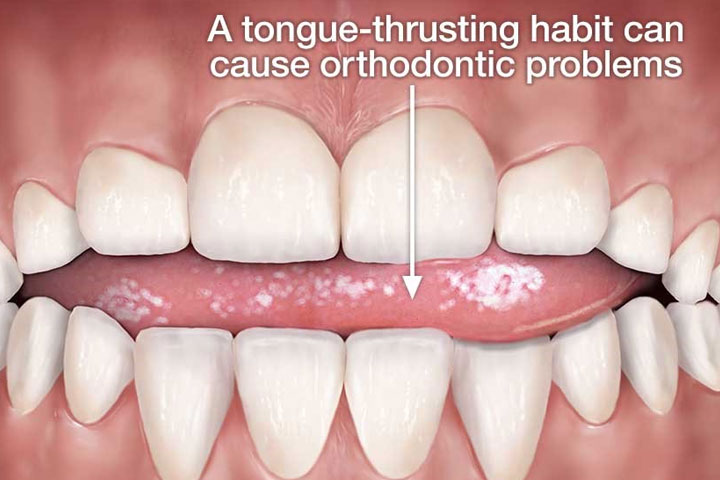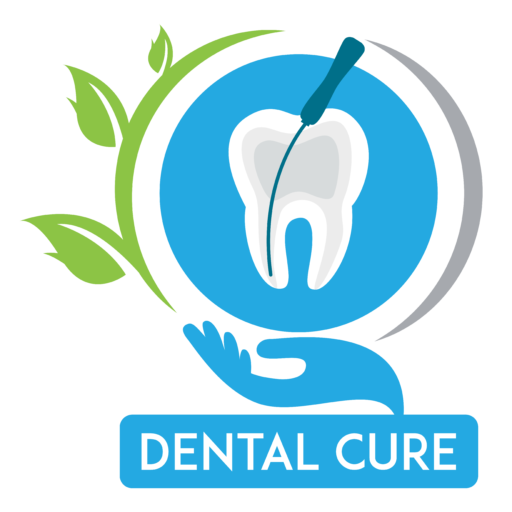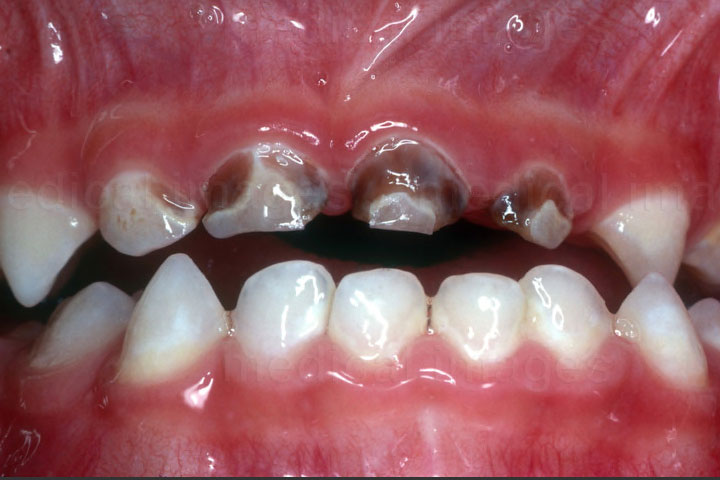
What Is A Habit
A habit is a pattern of repeated behavior and at times the child is even unaware of it. While the child is unaware of the habit, the parents cannot be, after all, good parenting is the key to successful good oral health.
Some common habits in children are :
- Bottle mouth syndrome
- Thumb sucking habit
- Tongue thrusting
- Lip sucking
- Mouth breathing
- Pacifier dependency
- Bitting or chewing nails
Bottle Mouth Syndrome
This is also called Baby Bottle Mouth Tooth decay. Mothers who wish to continue to breastfeed when the child’s teeth erupt should take care to wipe off the milk and clean the baby’s mouth after each feed especially at night. Bacteria in the mouth act with the sugars from the milk or any other sweet drink and cause the baby’s teeth to develop decay/cavities or pitting or discolouration. Decayed teeth can cause pain and make it difficult for the baby to chew and eat. Baby’s teeth are Space Savers for the permanent teeth and help them to erupt in the proper position. Loss of teeth because of decay may also be one of the reason for overcrowding of permanent teeth.
How Can You Prevent Baby Bottle Tooth Decay?
Some tips to prevent tooth decay
- To calm or comfort your baby, encourage giving bottle filled with plain water or a pacifier. Do not dip the pacifier in honey or sugar.
- Avoid milk or fruit juices or any sugary drinks at bed times.
- If you are nursing your baby at night, make sure to remove your breast from the baby’s mouth before the baby falls asleep
- Wipe your baby’s teeth and gums with a wet cloth or gauze after each feed specially at night.
- Teach your baby to drink from a “Sippy cup” before his or her first birthday
Thumb Sucking Habit
It is absolutely normal for infants to suck their thumbs or fingers This gives them a sense of security and comfort.
Once the permanent teeth start to erupt – that is around the age of 5, it is important to break this habit. Depending on the intensity of thumb sucking, permanent teeth may get affected pushing them out of alignment and causing protrusion of the front teeth. The upper jaw and lower jaw alignment may also get malformed resulting in an open bite. The child may experience some speech difficulty with correct pronounciation of certain words. Thus if this habit continues then they should be encouraged to break out of it. Usually rewarding the child works positively. Let your Dentist know if this habit continues.


Tongue Thrusting
Thrusting the top of the tongue forward against the lips for sealing the mouth during eating is a classical tongue-thrusting habit.
Just like thumb sucking, tongue thrusting exerts pressure against the front teeth pushing them out of alignment. This may result in protrusion, increased overbite, and interfere with speech development.

Lip Sucking
Lip sucking involves repeatedly holding the lower lip beneath the upper front teeth. Sucking of the lower lip may occur by itself or in combination with thumb sucking. This practice results in an overbite and the same kind of problems as with thumb sucking and tongue thrusting.
Mouth Breathing
Although mouth breathing is common and sometimes overlooked, it is a primary cause of facial and dental deformities and irregularities. Mouth breathing is caused by chronic nasal obstruction (CNO). No one breathes through the mouth as a habit!
Children rarely complain of mouth breathing because they quickly accept it as their “normal.” dental and facial deformities / irregularities can be prevented by timely and appropriate treatment.
Thumb sucking/ lip sucking, mouth breathing and tongue thrusting are very often observed in growing children. These habits, if discontinued by the age of 5 years, do not affect the positions of permanent teeth, but if continued beyond this age can cause mal-alignment of teeth. These habits are usually due to a variety of reasons, including psychological. Attempts must be made to pinpoint the cause and treat it to break the habit. If such attempts fail or do not reveal any particular cause, certain habit-breaking appliances can be made by the Dentist to be worn by the child to get rid of the habit.

Biting or Chewing Nails
Nail-biting is one of the most common oral compulsive habits found in children and teens and is known as Onychophagia. While most of them stop eventually, this habit may continue to adulthood. It is a natural instinct for a baby to put a finger in the mouth. This has a very soothing and comforting feeling to the baby. However, if older children put their fingers in the mouth to suck their thumb or bite their nails, it is usually done to relieve stress or from boredom, and that eventually becomes a habit. Children very often bite their nails when their hands are free and not engaged like while watching TV or reading a book or sitting in the classroom. Nail-biting may not be dangerous but it is a highly unhygienic habit. Chewing nails can lead to broken skin making the skin soft and sensitive to pain.
In order to break this habit, it is important to understand why the child does it. The main reason behind nail biting is stress and the anxiety caused due to too many extracurricular activities, a new school, the death of a pet, or parental disagreements. It is extremely important to understand the reason to be able to break the habit.
Observe when your child bites his nails and try to be supportive and avoid scolding your child. Encourage various relaxing activities and motivate the child to stop the habit. Explain the merits of healthy nails and teeth.
Praise the child for not biting the nails and reward with gifts when he/she doesn’t bite their nails. Use a bitter-tasting nail coating. This technique acts as a reminder for the child to avoid chewing on the nails
Distract the child while biting the nails by engaging his hands and fingers in other activities. Proper parenting, patience, and perseverance is the key to break the habits. If you cannot achieve this, then consult your Dentist or Pediatrician.





